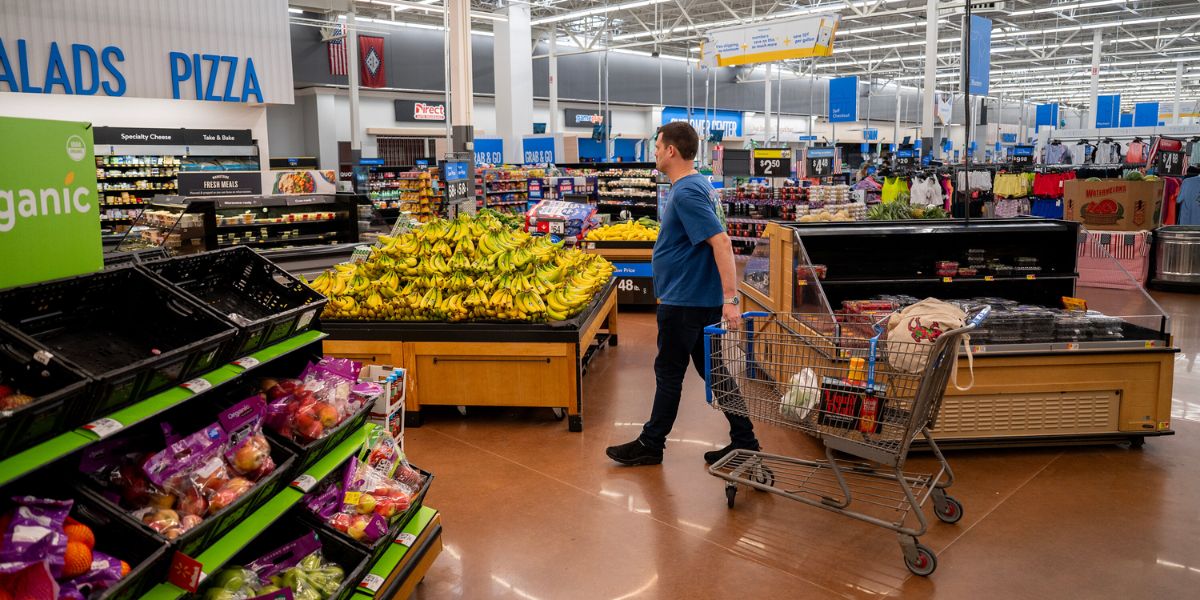The cost of food has increased for Texans this year compared to the previous. Over 1,100 Texans took part in the study in July, and it showed that more and more people are having trouble affording food.
More than three-quarters, or almost 77%, of those surveyed said they had a harder time affording groceries this year compared to last.
When it comes to the cost of groceries, the survey highlighted that families and Texans living in rural areas are among the hardest hit. According to Mia Medina, a senior program manager with No Kid Hungry Texas, many Texans are seeing their incomes grow slower than the cost of food.
“The cost of food is rising faster than their income,” Medina said, adding that 77% of individuals in Texas are finding it harder to afford groceries compared to a year ago.

An increase from last year’s survey, which indicated that 73% of individuals in Texas were suffering with food prices, brings this figure to 77%. Food insecurity has become a serious problem for many Texans due to the persistent increase in grocery prices.
SEE MORE –
Northern California: Top 6 Cities to Live in for Your Next Big Move
Food insecurity manifests itself in a variety of ways; for example, when pantry shelves are empty or when people resort to less healthy, less expensive food selections; 28% of respondents in the Austin area reported having these symptoms.
Medina further pointed out that those experiencing food poverty tend to eat less food that is rich in nutrients. Nearly half of those who took the survey indicated they bought less or no protein sources, and nearly half said they bought less or no fresh produce per se. From what we can tell, many Texans are reducing their spending on necessities like food because of the state’s tight budget.
Parents and guardians with yearly incomes below $50,000 who have children in grades K-12 are most at risk, according to the survey. To make ends meet, these families are more prone to choose cheaper, less nutritious food selections.
The upcoming normal legislative session in Texas is just around the corner, and No Kid Hungry Texas intends to push for the establishment of an electronic benefit transfer (EBT) program for summers beginning in 2025 and continuing.
Families whose children qualify for free or reduced-price meals are eligible to receive grocery benefits through this nationwide program, which aims to decrease summertime hunger and solve food access gaps. With school lunches no longer provided during the summer, “this program can help offset those increased grocery costs that families are facing,” Medina added.
The increasing number of Texans worried about food insecurity and skyrocketing grocery prices highlights the critical need for immediate legislative action and assistance programs to help families deal with these issues.




